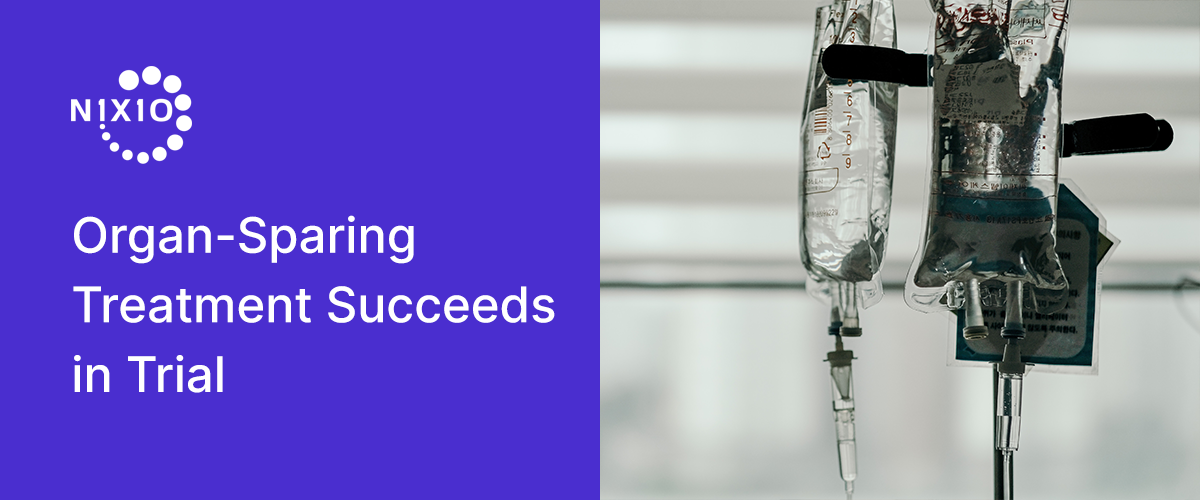
Erica Cross, PA
PA
Erica is a board certified Physician Assistant. She obtained her Master’s degree in Physician Assistant studies from Our Lady of the Lake College in Baton Rouge, LA. She began practicing in 2011 and has worked clinically in Orthopedics and Dermatology. The majority of her career has been spent in a Dermatology practice where she assisted in Mohs surgery, treating various types of skin cancer. She also teaches in the medical simulation department at the University of South Alabama and enjoys every aspect of medical education.

